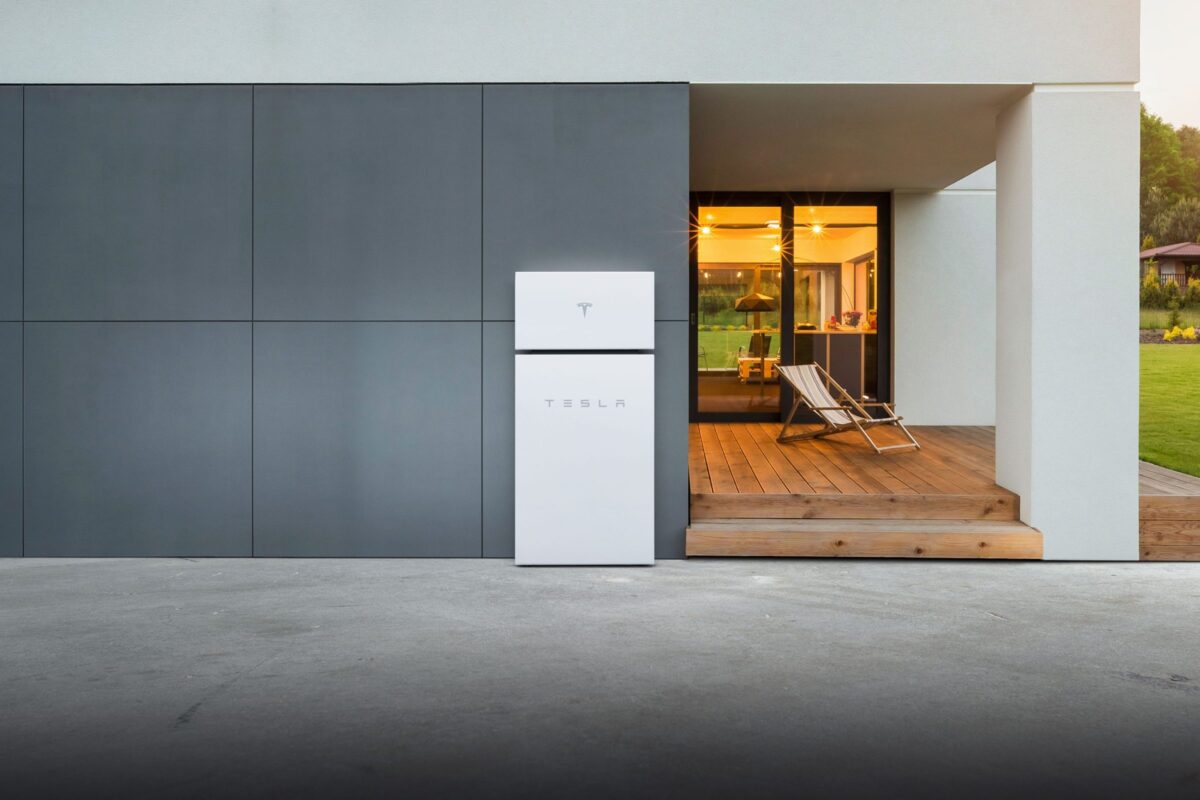Battery supplier Dragonfly Energy has manufactured a lithium-based battery cell using high-purity lithium hydroxide that was recovered from recycled batteries – a proof of concept that could help build a more sustainable, circular battery manufacturing industry, the companies say.
The lithium hydroxide was recovered by Aqua Metals, which is working on recycling solutions for materials used in energy storage and electric vehicle supply chains. The two companies are working on creating a closed lithium loop – where lithium batteries are sourced, manufactured and recycled – all in Nevada.
Using recycled lithium addresses two major initiatives for Dragonfly Energy, its CEO Denis Phares said – “it helps close the loop by filling in that all-important recycling component, and it provides a ready and sustainable supply of lithium for use in upcoming cell production.”
“This is an exciting step forward for the emerging lithium battery industry, as we have qualified the high-purity lithium hydroxide Aqua Metals recovers from recycled lithium batteries to manufacture new battery cells,” Vick Singh, director of research and development at Dragonfly Energy, said.
The development is also an exciting milestone for Aqua Metals in establishing the efficacy of its sustainable recycling process, Steve Cotton, the company’s president and CEO, said.
The Reno, Nevada-based Aqua Metals pulled the lithium hydroxide from “black mass” – a term that refers to a mixture of crushed and shredded battery cells that have already been used, which contains lithium and one valuable raw materials. Dragonfly Energy used this lithium hydroxide to produce a battery cell with a patented dry powder coating process.
Both companies are eyeing the potential of building a closed lithium loop in Nevada, a state they believe is well-positioned to be “the starting and ending point for lithium batteries.” Nevada is believed to have the largest source of lithium in North America, according to the companies, and is also an expanding market for electric vehicles and energy storage technology applications.
Recycling is essential to creating a robust and sustainable energy storage industry in the U.S. and ensuring the country remains globally competitive in the clean energy sector, Aqua Metals’ Cotton told pv magazine USA.
“Recycling lithium ion batteries is the most immediate route to developing domestic supplies of critical minerals like lithium, cobalt and nickel, which are facing increasing supply shortages as the world ramps up clean energy manufacturing,” Cotton said.
The biggest challenge to closing the lithium loop in Nevada as well as other parts of the country will be timing, Cotton said. It is expected that the U.S. will have nearly a terawatt hour of lithium battery manufacturing operational by 2030, enough for 12 million to 13 million electric vehicles a year, he said.
“What we won’t have by then is the mines, mineral processing, and refinement capacity to satisfy the raw resource demand,” Cotton said.
Mines can take seven to 10 years to come online and begin producing battery-grade materials, while recycling facilities – which can be operationalized in six months – are constrained by the availability of recyclable materials, he added.
“Making the timing work out for resource demand, manufacturing, and our decarbonization ambitions will be a significant challenge as we create the closed loop systems necessary for a robust electrified economy,” Cotton said.
This content is protected by copyright and may not be reused. If you want to cooperate with us and would like to reuse some of our content, please contact: editors@pv-magazine.com.








By submitting this form you agree to pv magazine using your data for the purposes of publishing your comment.
Your personal data will only be disclosed or otherwise transmitted to third parties for the purposes of spam filtering or if this is necessary for technical maintenance of the website. Any other transfer to third parties will not take place unless this is justified on the basis of applicable data protection regulations or if pv magazine is legally obliged to do so.
You may revoke this consent at any time with effect for the future, in which case your personal data will be deleted immediately. Otherwise, your data will be deleted if pv magazine has processed your request or the purpose of data storage is fulfilled.
Further information on data privacy can be found in our Data Protection Policy.